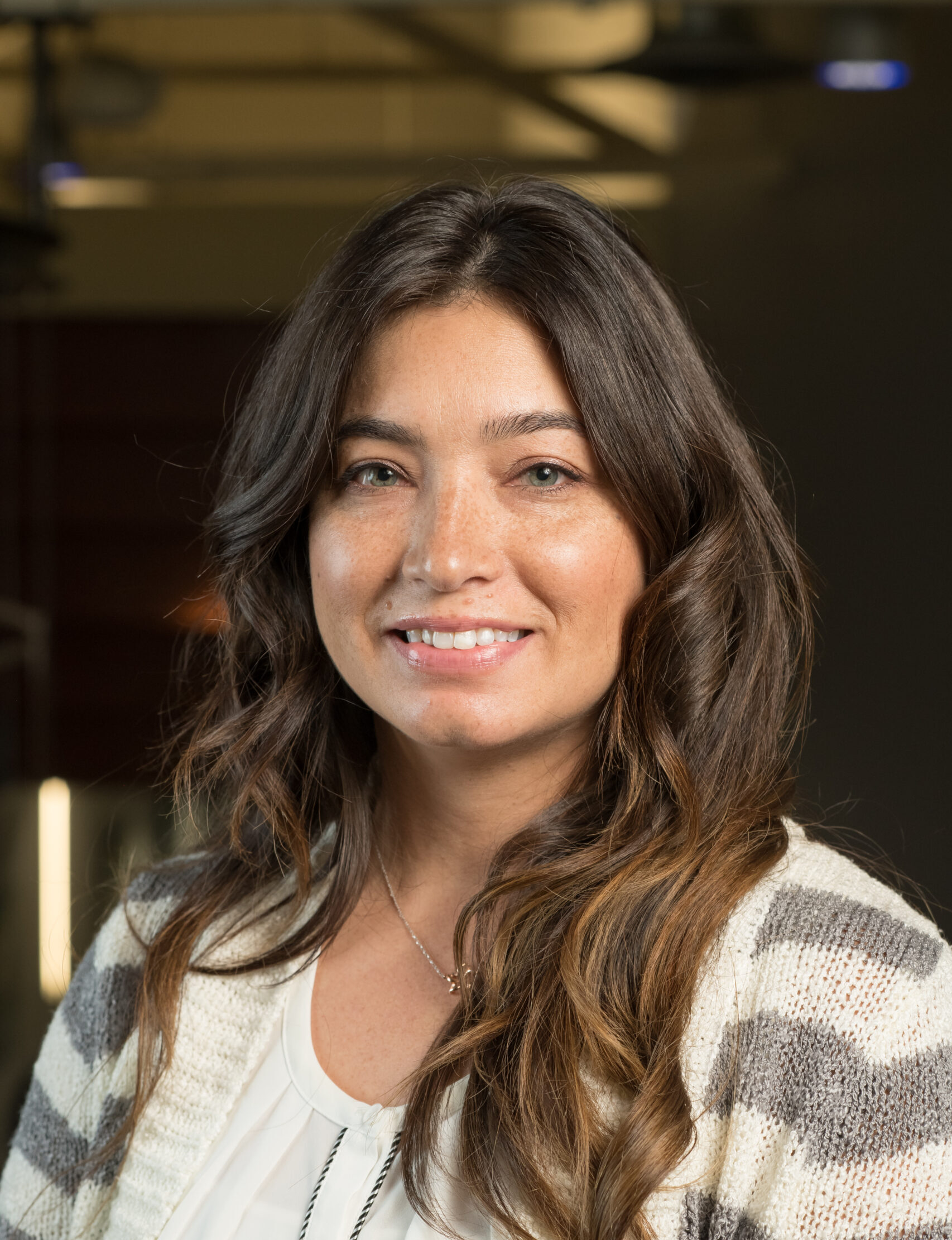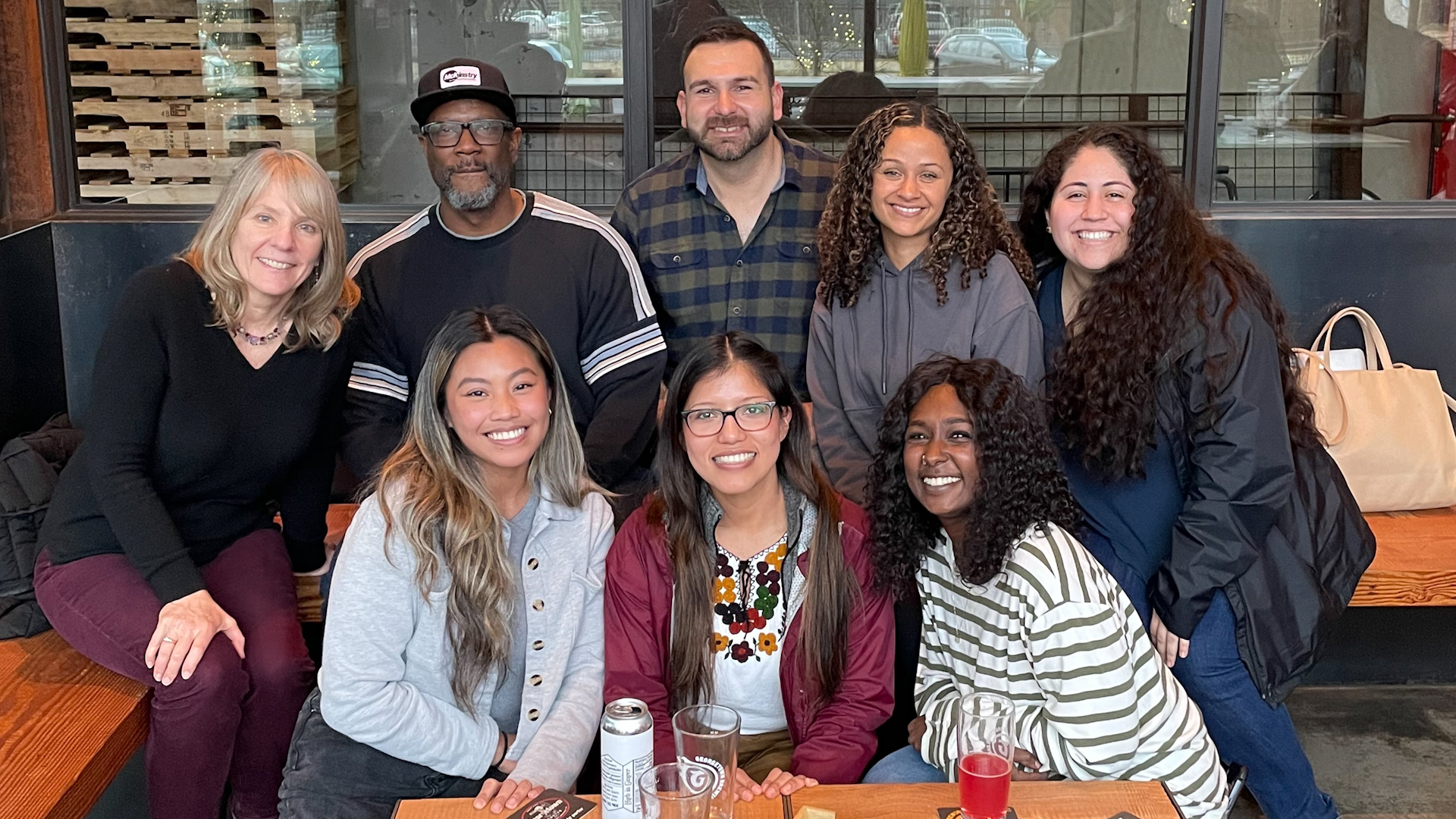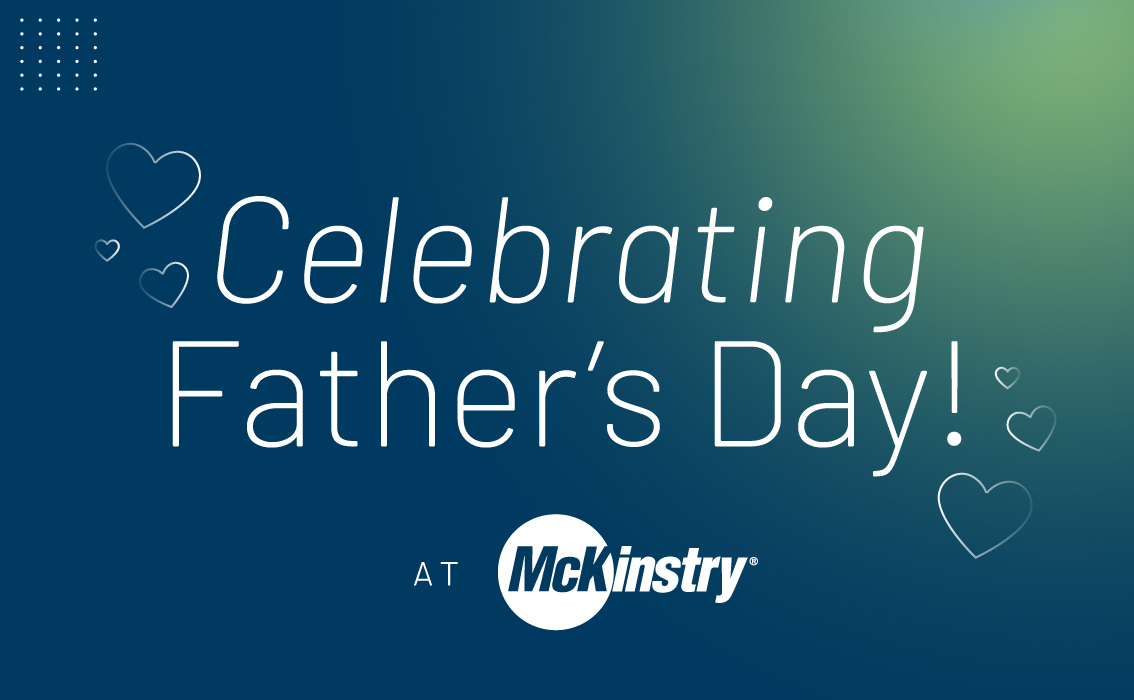McKinstry’s Jaymie Van Orden on Expanding Opportunities in Construction

“WIC Week is a time to celebrate and reflect on how far we’ve come. I look at today’s curiosity with diversity in so many areas of construction and I can’t help but to be proud of it. Our journey is far from over, and I’m grateful to be a part of the change we want to see.”
Jaymie Van Orden is the business unit manager for our Special Projects Group in Oregon and has been with McKinstry since 2018. Learn more about Jaymie’s career path and her aspirations for the future of the construction industry:
Learn More About Jaymie’s Experience
I am the business unit manager for our Special Projects Group in Oregon, and I’ve been here for five and a half years. Prior to McKinstry, I spent 25 years in the construction industry. As a teenager fresh out of high school I needed a “real job,” so I started working at my stepdad’s HVAC company (originally my grandfather’s company started in 1972). You learn a lot about people who call in with their HVAC problems, mostly too hot or too cold, some stranger than fiction ductwork stories and people who are a lot grumpier whey they are too HOT! I spent five years there moving up through all the different office roles — receptionist, accounting, service dispatch — and spending any free time I could in the sheet metal shop. The people in the shop would let me insulate (I still get itchy when I think about fiberglass), and I would watch them bend and assemble the ductwork for hours. I moved on to a few different construction jobs, each time working my way up. The most pivotal time in my career was where I moved into project management. I started as a project manager assistant and worked my way up to a project manager running a multitude of projects in many different verticals, trades and various sizes. I took a three-year break from subcontractor construction and went to work for a Portland based real estate developer where I managed projects and financials for 20+ LLC’s and held the role of chief operating officer. I am grateful for the time I got to spend on the owner side because it gave me a unique perspective into what transpires before bare land develops, and how a vacant building becomes a construction project.
I started in construction because I was determined to leave the nest and live on my own — no more living in my parents’ house! That life also cost a lot more money, so I needed a steady job. My family connection got me in the door into HVAC. The fascination with seeing talented people building things from scratch, with their own two hands, into critical systems we use every day was what kept me in this industry. At that time, there weren’t people in construction that looked like me, so it became my mission to challenge the status quo. I admired the project managers. To me, they had the coolest jobs, and I wanted to be just like them. To manage that work, I felt like I needed to gain a better understanding of mechanical construction. For years I worked closely with the field, going to the field on a regular basis, learning about sheet metal, plumbing, wet and dry HVAC. I had some background from my family’s residential business and doing side jobs, but the commercial world was very different. I take great pride in saying that I was field-trained. I also had a couple of great mentors who took me under their wings and saw my potential. Once I got to run projects, starting out small and gradually getting larger and larger ones, I found being a part of the construction team and building something together to be more rewarding than any other position I’d ever had.
To me, success in my role is simple — did we make a difference together? As a business unit manager, I know am responsible for the outcomes of my team. I am a servant leader to the team and company. No single person makes or breaks the team. We all have different roles and responsibilities and must work together to achieve our goals. We also must trust each other to do the right things for the customer, each other and the company. When our people feel trusted, appreciated and are given the tools they need to be successful, the outcomes speak volumes for themselves.
Thinking about Women in Construction (WIC) week, being successful also means striving to create more pathways for women to be in construction. I’ve shared my path and ascension to leadership and my hope is for more women to aspire to be in construction, and find their own paths to success of their own…and maybe even our next leader.
I enjoy helping others. If someone asked me for advice or help, I feel genuinely honored to be asked. I am a pretty darn good listener and try to be whatever each person needs in the moment. Most of the time I listen. A sounding board is more often what people need to be heard.
In my role as a leader, I also get to tackle the problems that nobody else has dealt with yet. Some might ask, “Are you sure that is a reward?” For me it is because it ties back to making a difference. By listening and being that confidante, I get to work with people through challenging situations, and help them find their own way. That gives me energy and keeps things exciting.
WIC Week is a time to celebrate and reflect on how far we’ve come. I look at today’s curiosity with diversity in so many areas of construction and I can’t help but to be proud of it. Our journey is far from over, and I’m grateful to be a part of the change we want to see.
WIC Week is also an important recognition that we need to continue moving the needle on inclusivity. My hope is someday we can take this celebration further beyond one day, one week, one month each year and celebrate all people in construction year-round.
I would love to keep seeing more women in the field, office and leadership positions. With awesome organizations like Oregon Tradeswomen and more funding available to the underserved, opportunities are better than they’ve ever been. Now is a great time to celebrate, recognize and make change. Our workforce must change in order to keep people coming into the construction industry so we can share the learned knowledge and continue building our vision together to make this planet a thriving place.
I hope to inspire others to self-reflect, set your target and choose your own path. Only you know what’s best for you, and you need to be your own advocate to get to where you want to go. At times there can be roadblocks in your way, and you may have to take detours. Those are all part of the personal journey that the universe has in store for each and every one of us.


Explore Other Insights

McKinstry’s Pride Alliance
McKinstry Alliances are our version of employee resource groups or affinity groups. Alliances are voluntary, employee…

McKinstry Alliance Leader Reflects on Juneteenth Legacy
On June 19, 1865, months after the Civil War ended and more than two years after President Lincoln signed the Emancip…

Celebrating Father’s Day
Father’s Day serves as an opportunity to recognize and celebrate those shaping lives and communities through fatherho…